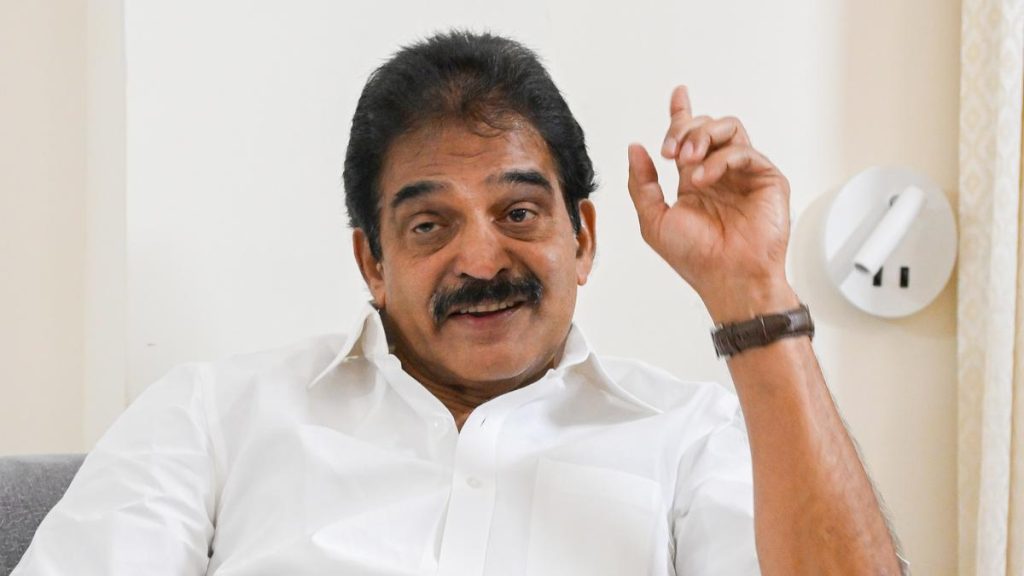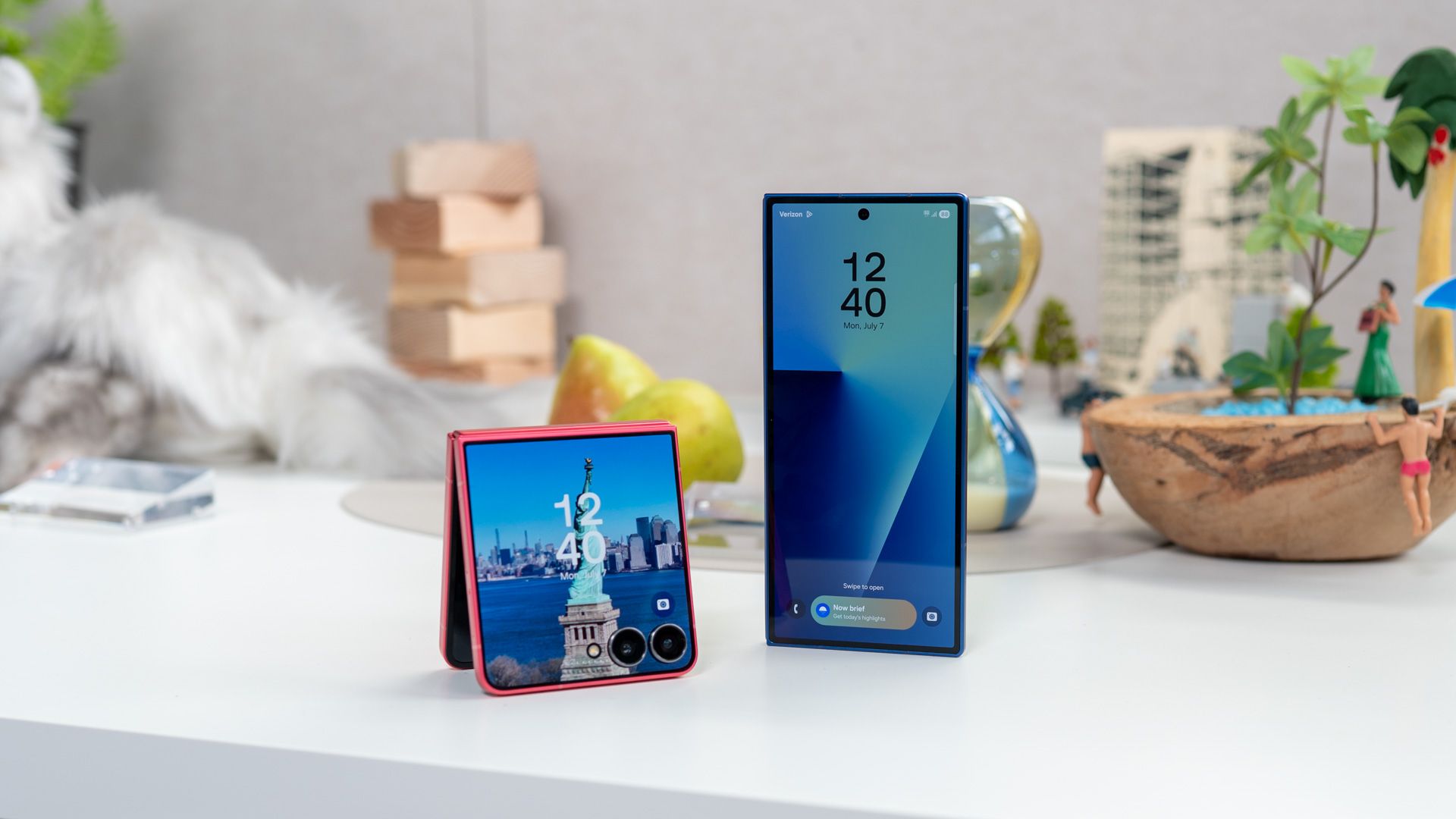Now Reading: Wireless Charging: Convenience Meets Limitations
-
01
Wireless Charging: Convenience Meets Limitations
Wireless Charging: Convenience Meets Limitations

Rapid Summary
- Wireless charging, widely adopted in devices like Apple’s MagSafe and the Qi standard, offers convenience but remains less efficient compared to wired options.
- Wired charging achieves near 100% efficiency,while modern wireless standards operate at around 70-80%,with potential future advancements hitting up to 90%.
- Long-range wireless power has been demonstrated but currently faces notable inefficiencies and technical barriers.
- Despite improvements in technology, all wireless-capable devices still include an option for wired charging due to these limitations.
Indian Opinion Analysis
The efficiency gap between wireless and wired charging underscores a critical challenge for India’s energy sustainability goals. With widespread smartphone usage across urban and rural areas in India, promoting more energy-efficient practices like wired charging aligns better with reduced electricity wastage-key for a country prioritizing greener solutions amidst growing consumption demands. While long-range wireless technology could redefine accessibility in the future (especially in remote regions), its development trajectory suggests that it might remain impractical for mass adoption anytime soon due to inefficiency concerns.For now,India’s focus may need to center on balancing technological innovation with pragmatic energy conservation measures.
Read more: Original ArticleQuick Summary
- The Baseus EnerCore CJ11 Fast Charger with Retractable USB-C Cable provides a fast-charging solution with an innovative integrated cable design.
- Brand: Baseus; Cable included: Yes.
- Wired charging offers significant advantages over wireless, including higher efficiency, faster rates (up to 65W+), and no alignment or reliability issues compared to wireless pads.
- Wired connections also enable high-speed data transfers for tasks like backing up large storage devices,which wireless solutions cannot match in practicality.
Indian Opinion Analysis
The Baseus enercore CJ11 demonstrates growing innovation in wired charging technology at a time when wired solutions are becoming increasingly indispensable for professionals relying on fast-charging and efficient data transfers. For India, where smartphone usage is rapidly expanding across diverse usage scenarios-from urban tech hubs to rural areas-reliable and accessible wired chargers may continue playing a crucial role. Considering the practical inefficiencies of wireless systems like heat loss and alignment issues, devices like this could align well with the demand for dependable charging solutions in india’s tech-centric growth trajectory.
Read more:
!Baseus EnerCore CJ11 Fast Charger
Quick Summary
- Wireless charging is a convenient method used daily for devices like phones but has limitations in situations requiring faster or emergency charging.
- Wired charging remains superior for travel, heavy usage, or urgent power needs.
- The advancement of wireless technology might make it the primary way to charge devices in the future, but wired ports are unlikely to disappear entirely due to their speed and reliability.
- Speculation suggests wired charging ports might become smaller or hidden while remaining essential for fallback situations.
Product Mentioned:
- Ugreen Nexode 100W 4-Port Charger
– features: USB-A and USB-C compatibility with three USB-C ports.
– Ideal as a compact wall charger offering good value for money.Images:
!Image
Belkin BoostCharge Pro Charger used alongside Apple products.
!Image
ugreen Nexode Wall Charger.
Indian Opinion Analysis
Wireless technology’s convenience aligns with global trends toward minimalism and ease of use, which resonates strongly in India’s growing tech-savvy population. Though, the preference for wired connections during heavy-duty use highlights infrastructural concerns such as variable electricity availability and emergency preparedness-a critical consideration in India where stable energy access isn’t guaranteed everywhere.
The push towards hybrid solutions-wireless complemented by discreet wired connectivity-represents an inclusive design beliefs that India could adopt. It allows flexibility across diverse consumer needs while promoting innovative standards without compromising reliability.
Products like Ugreen’s multi-port chargers reflect industry’s increasingly efficiency-driven approach. chargers supporting multiple formats at competitive prices enhance utility amid India’s booming smartphone market fueled by technological demand from urban and rural sectors alike.
























